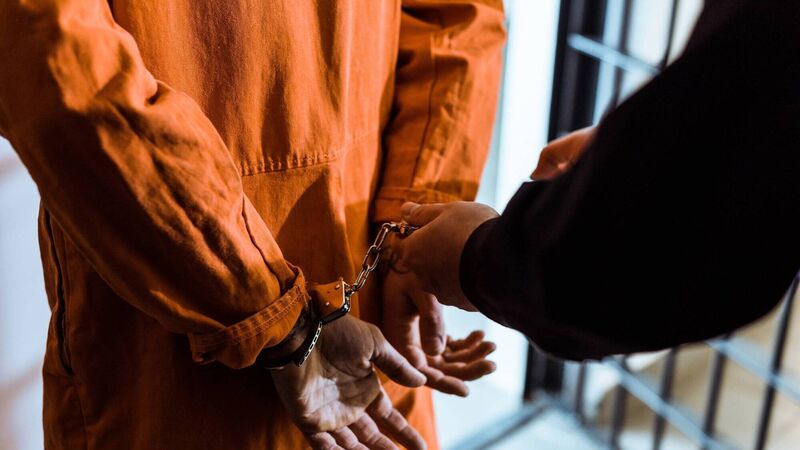Maeve Higgins: Society averts eyes from 'living death sentence' of prison inmates in Alabama

'The dominant narrative that’s developed in the US around crime and incarceration is that people who are in prison deserve to be there, deserve to be there forever, and deserve whatever happens to them while they’re there.’












